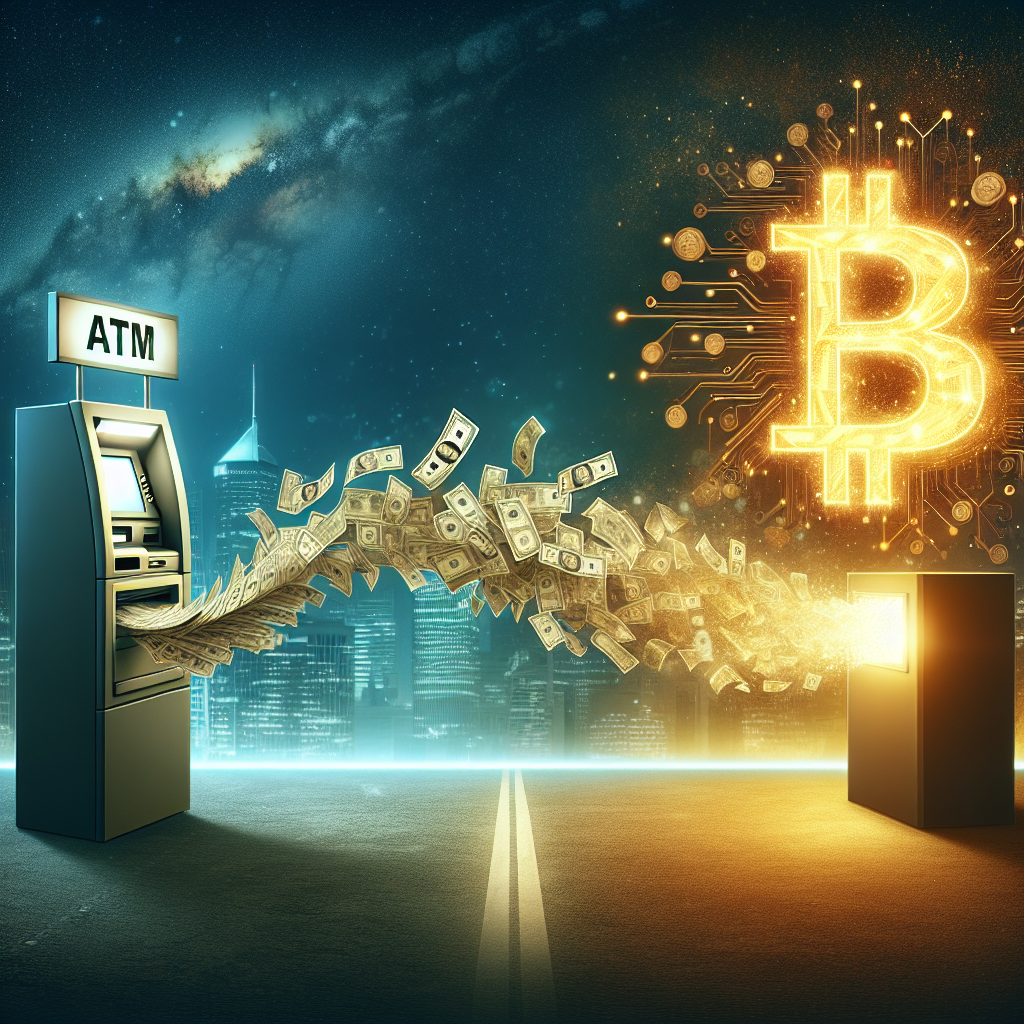
Bitcoin ATMs (Automated Teller Machines) are becoming increasingly popular as a means to facilitate the exchange of cash for cryptocurrency. These machines serve as a crucial bridge in the ever-evolving landscape of digital currency, offering a seamless way for users to engage with Bitcoin.
What are Bitcoin ATMs?
Bitcoin ATMs allow users to buy (and sometimes sell) Bitcoin and other cryptocurrencies using cash or debit/credit cards. Unlike traditional ATMs that dispense cash, Bitcoin ATMs enable users to send Bitcoin to a wallet address after inserting cash into the machine or using a card for a transaction.
The Evolution of Bitcoin ATMs
The first Bitcoin ATM was launched in 2013 in Canada, and since then, their presence has rapidly expanded across the globe. The machines operate on a decentralized network, providing individuals with an easy entry point into the world of cryptocurrency.
Key Features
- User-Friendly Interface: Most Bitcoin ATMs provide a simple and intuitive interface, often allowing users to complete transactions within a few minutes.
- Increased Accessibility: With locations in various areas like shopping centers and convenience stores, these ATMs have made cryptocurrencies more accessible to the general public.
How Bitcoin ATMs Work
- Locate a Bitcoin ATM: Users can find the nearest Bitcoin ATM through various online platforms and apps.
- Select Cryptocurrency: Users choose the cryptocurrency they want to purchase.
- Insert Cash or Card: Depending on the machine, users insert cash or enter their card details.
- Receive Receipt: A receipt is usually provided with a QR code, allowing users to access their new cryptocurrency.
Benefits of Using Bitcoin ATMs
- Privacy: Many Bitcoin ATMs do not require extensive personal information, offering a level of anonymity that traditional forms of cryptocurrency exchange may not.
- Instant Transactions: Transactions are typically processed quickly, allowing users to receive cryptocurrencies almost immediately.
- Cash Transactions: For those who prefer using cash, Bitcoin ATMs provide a practical solution for purchasing digital currencies without needing a bank account.
Frequently Asked Questions (FAQ)
What are the fees associated with Bitcoin ATMs?
Most Bitcoin ATMs charge transaction fees ranging from 5% to 12%, making them slightly more expensive compared to online exchanges.
Can you sell Bitcoin at ATMs?
Yes, many Bitcoin ATMs allow users to sell Bitcoin for cash, though the availability of this feature may vary by location.
Are Bitcoin ATMs safe to use?
While they are generally safe, users should ensure the machine is legitimate and always verify rates before transacting.
Conclusion
In summary, Bitcoin ATMs are shaping the future of how individuals interact with cryptocurrencies. With their convenience and accessibility, they serve as a key component in making digital currency transactions easier for the average consumer. As adoption continues to grow, Bitcoin ATMs will likely play an essential role in the push towards a cashless society.
Related Searches
- How to Find Bitcoin ATMs Near Me
- Benefits of Using Bitcoin ATMs
- Bitcoin ATM Fees Explained
- How to Use a Bitcoin ATM Safely
Interview: Local Business Owner on Bitcoin ATM Experience
Interviewer: How has having a Bitcoin ATM in your store impacted your business?
Business Owner: It has brought a diverse range of customers, many of whom are curious about crypto. The ATM acts as a conversation starter, and it’s a convenient service that attracts foot traffic.
Interviewer: Have you noticed an increase in sales?
Business Owner: Absolutely! With more people coming in to use the ATM, we often see them purchasing other items as well.
Interviewer: Would you recommend other businesses consider hosting a Bitcoin ATM?
Business Owner: Without a doubt! It’s a great way to tap into the growing market of cryptocurrency users.
Bitcoin ATMs undoubtedly represent a significant evolution in how we perceive and utilize money, bridging the gap between cash and digital currency efficiently and effectively.
#Bitcoin #ATMs #Bridging #Gap #Cash #Crypto

